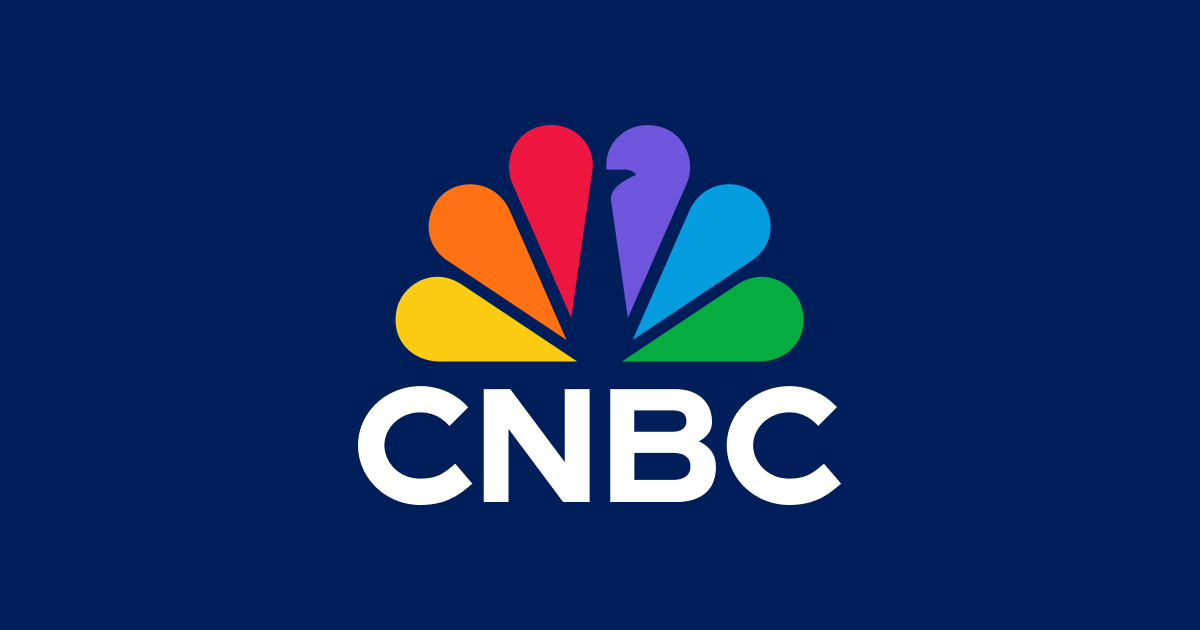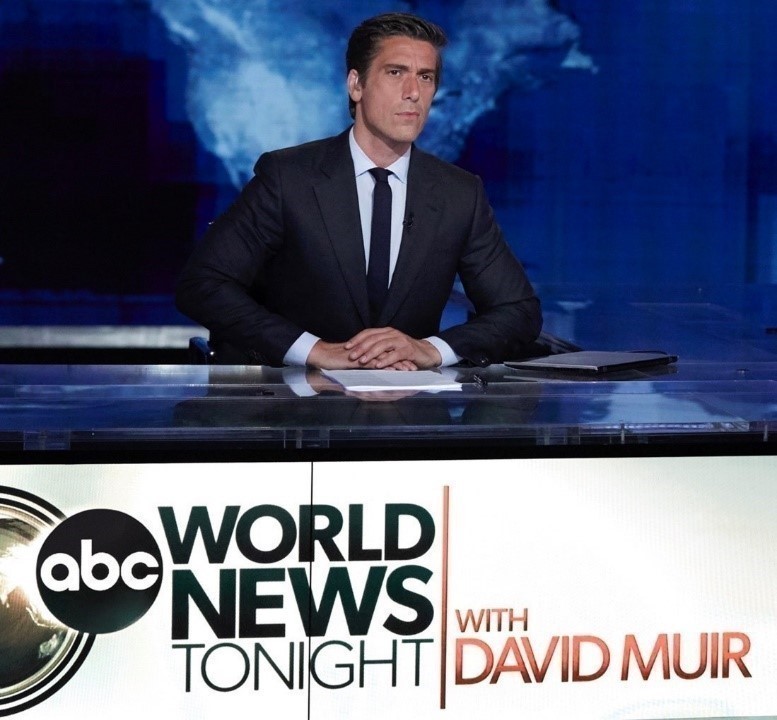WHEN: Today, Monday, May 6, 2024
WHERE: CNBC’s “The Exchange”
Following is the unofficial transcript of a CNBC interview with Citi CEO Jane Fraser on CNBC’s “The Exchange” (M-F, 1PM-2PM ET) today, Monday, May 6 from the 2024 Milken Institute Global Conference. Following is a link to video on CNBC.com: https://www.cnbc.com/video/2024/05/06/citigroup-ceo-jane-fraser-its-hard-to-get-a-soft-landing.html.
All references must be sourced to CNBC.
SARA EISEN: Hi, Tyler. Nice to see you from Los Angeles here at the Milken Conference with Jane Fraser, the CEO of Citigroup. It’s great to have you. Welcome.
JANE FRASER: Thank you very much for having me back, Sara. It’s lovely to see you.
EISEN: You too. So, Tyler was just outlining some of the steps that you have announced and taken as part of this pretty broad restructuring you have been doing. How’s it going?
FRASER: Well, yes, I am delighted that we have finished the restructuring. We have completed it at the end of March, on time, and we said we would. And now we’re a simpler bank, and we’re focused on our two priorities, which is driving our business performance and on our transformation.
EISEN: Just on the layoffs, which received a lot of attention, took out a lot of management layers. How’s the morale inside the firm?
FRASER: We have put a lot of change through the organization, and it’s always hard when you say goodbye to some very good people. But we have completed it now. I’m so proud of our people, because they want to focus and take advantage of the changes we put in place. They have been very supportive of our need to change and what we have done. They wake up in the morning wanting to serve our clients, and they want to have the firm to be easier to operate, and they want to win. And I think the organization is going to help us do that.
EISEN: Speaking of supportive, Wall Street’s been supportive. The stock has outperformed some of your peers, I think 30 percent higher, you said, since the end of December. How will you measure success now from here?
FRASER: Yes. Well, we are on a multiyear journey. We set a strategy a few years ago around five businesses. We have now, the first step was the divestitures we have made. We now operate the bank around those five businesses. The next step was getting the organization done, so that we mirror the bank we are, not a universal bank, but a more focused bank. So that was an important milestone. Now the next steps is going to be continuing to make progress with our transformation and delivering improvement in the business returns.
EISEN: Which businesses are going to drive growth which has been hard to come by in the banking sector?
FRASER: Yes, I actually feel pretty positive around our growth potential, A, because I can see the synergies between the businesses we have got. They’re all very interconnected. But the crown jewel of Citi is services. This is our transaction services network, our custody network. It’s the number one around the world. And we see opportunity both to deepen relationships with existing clients, as well as to acquire new clients. And we have been investing, huge new flows in e-commerce. And we’re capturing a lot of that through our Payments Express network. We’re seeing a lot of innovation in digital commerce. And we’re seeing a lot of innovation in tokenized services. So, on multiple different vectors, we’re seeing both new revenue streams, as well as more business with our existing clients.
EISEN: Given some of that scope that you just laid out, what are you seeing from your clients, both business and consumer, individuals, as far as spending and just where we are in this odd economic cycle?
FRASER: Yes. From the corporate space, I think we see a fair amount of spend and focus around building resilience. So, global lanes have really changed in the last few years, driven by geopolitics and technology. So, food lanes, energy lanes, financial flows, defense spending, the supply chains, they have all really reconfigured. So we have seen our clients put a lot of investments behind that. At the same time, technology is really changing business models. And so I think, particularly here in the States, the dialogue is quite strategic on transformation. And we’re seeing that translate into investment, into activity as the markets recover. So, that’s been good to see. And, on the consumer, it’s a K-shaped consumer.
EISEN: K-shaped?
FRASER: So, K-shaped. So, a lot of the growth in spending has been in the last few quarters with the affluent customer. We’re seeing a much more cautious low-income consumer. They’re feeling more of the pressure of the cost of living, which has been high and increased for them. So, while there is employment for them, debt servicing levels is, are higher than they were before. So they’re are being mindful of their spend.
EISEN: Do you have any concerns at this point about delinquency rates in cards and extra credit card debt?
FRASER: We’re a little bit privileged, Sara, because, as you and I have talked about, we’re a pretty prime-heavy—
EISEN: Prime borrow, yes.
FRASER: We’re a pretty prime-heavy one. But we are keeping an eye on that, the lower-FICO consumers. And they are definitely feeling more of the stress. They have, they’re paying rent. They’re not sitting on a 30-year fixed-income mortgage at low rates. So, they’re definitely feeling more of the inflationary pressures. And I think, like everyone here, we’re hoping to see the economic conditions that will allow rates to come down sooner rather than later.
EISEN: Well, that’s what I was going to ask is what your expectation is at this point for what happens to inflation and Fed cuts.
FRASER: Yes. I think the one thing we can be quite certain about, and it’s probably the only thing, is, there are more opinions about where the rate cuts are at this conference than there will be rate cuts this year. There’s a lot of different perspectives around it.
EISEN: We will get one?
FRASER: I think the question’s now not only when and how much, but also where. I think, before, everyone thought it would be every one together, I think that that has changed now. We have to see where wage inflation goes. We have to see what happens with services inflation. And I think we need some more data points. It’s hard to get a soft landing. We’re hopeful, but it is always hard to get one. So far, the Fed’s just trying to navigate quite a complicated system.
EISEN: Do you worry about sticky inflation? Do you see evidence of it?
FRASER: In services more so than in goods. I think, in goods, we’re in much, much better shape. Supply chains are in better shape. Services is definitely the stickier one, but things are headed in the right direction. It’s just, we’d love it if it would go faster that way than it has been.
EISEN: Geopolitics is also an issue that you, obviously, everyone pays close attention to. But, as the more global bank, in some of these countries that have been affected, how is it influencing what businesses are doing, the decisions they’re making, and how it impacts Citigroup ultimately?
FRASER: Look, I think we’re seeing, we’re seeing, as I say, these lanes changing globally. So you have got a number of bright spots around the world. The Middle East is a bright spot. India is a bright spot. Japan is a bright spot, Mexico and the U.S. and I’ve really noticed this year how many companies and investors around the world are looking at the U.S. to invest. Despite some of the challenges that they hear from regulatory and other approvals, they really see this as a lot of the forces going in the U.S.’ benefit. My bigger worry on geopolitics is, we could be in for a period of more naked protectionism between the West and between China. And I think that’s likely to heat up with the election and then next year as well. So, that’s the one that I’m most mindful of, is, I hope we don’t end up with naked protectionism, but I think we will certainly head more in that direction.
EISEN: Just because you’re worried about the impact on growth?
FRASER: Yes. Yes. I mean, it’s never as good for the world when you have got that. It makes it, it will make it a bit more fragmented. That said, I’m not that negative on growth around the world. I think it’s slowing a bit at the moment but look how resilient people are. The consumer is resilient. The corporates are in very strong health, and that’s a good underpinning to have.
EISEN: Jane, thank you very much. Great to get an update on the firm and your world views.
FRASER: Thank you very much, Sara.
EISEN: Thank you. Jane Fraser is the Citigroup CEO with a good global view. Tyler, back over to you.


